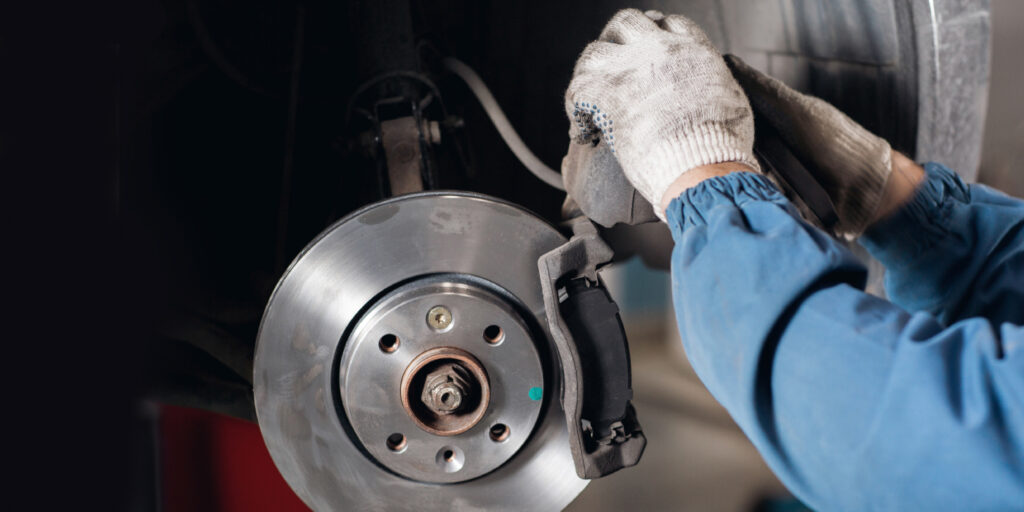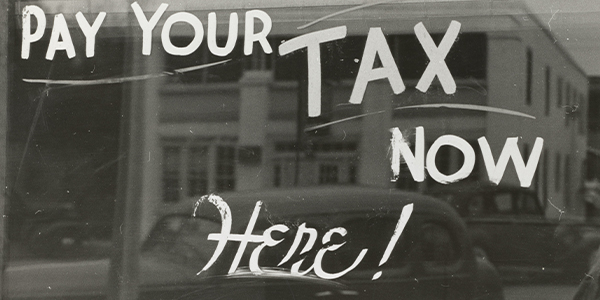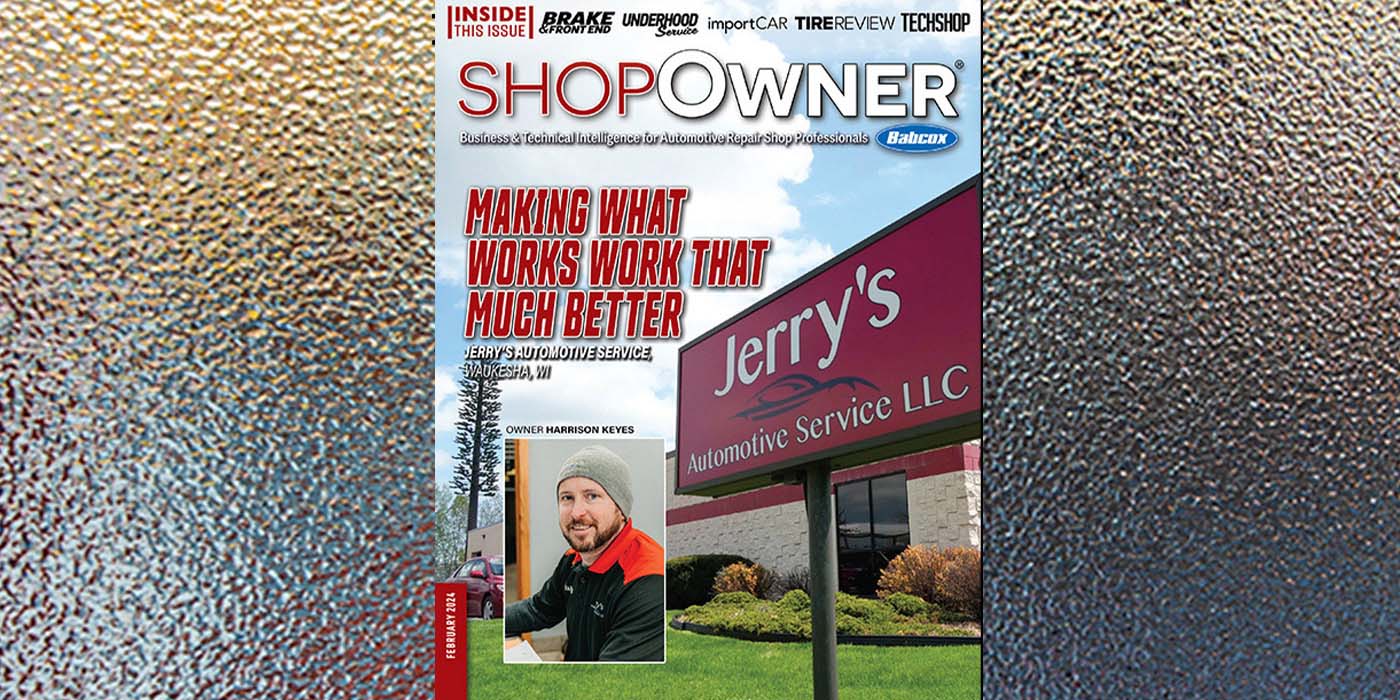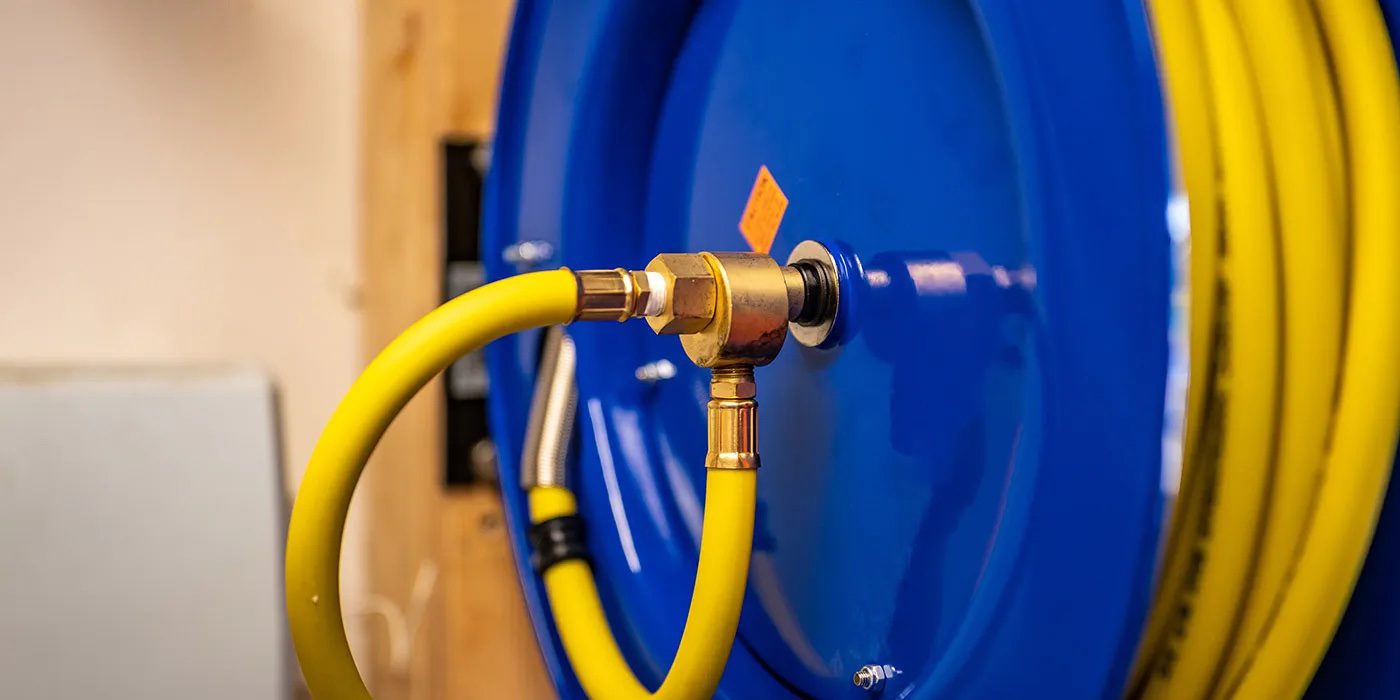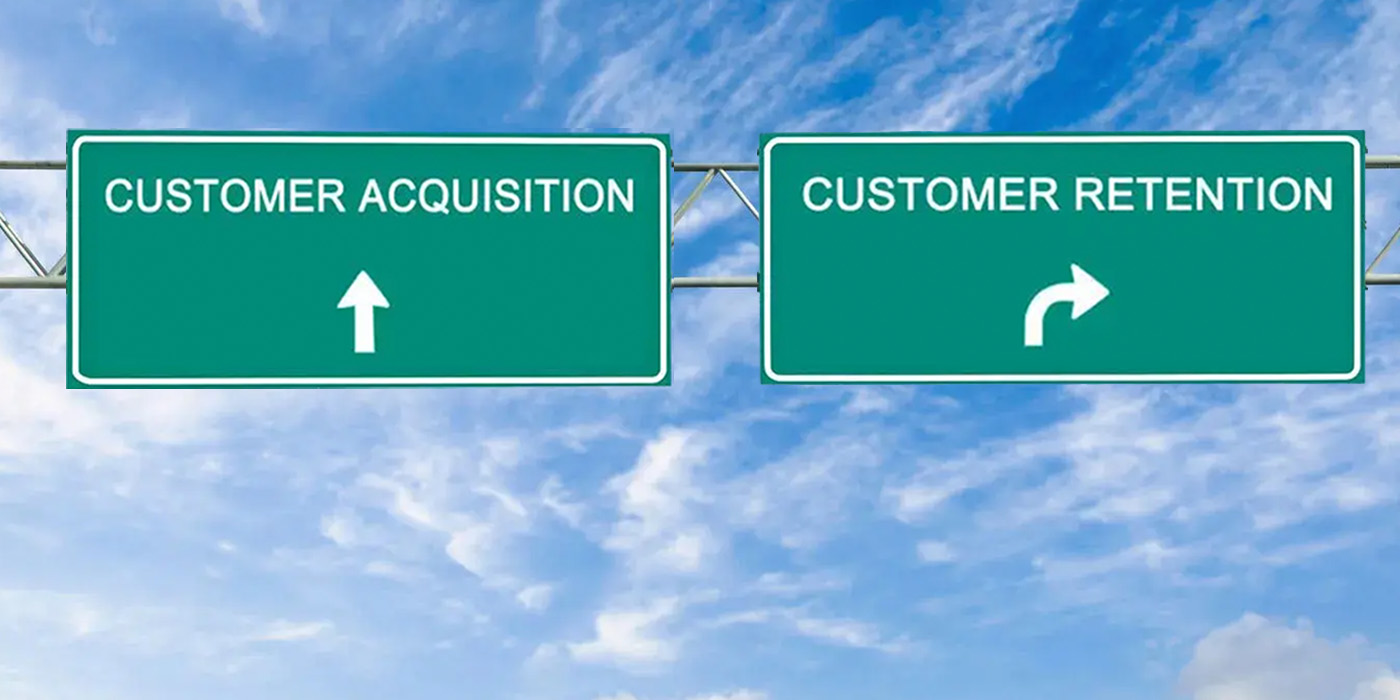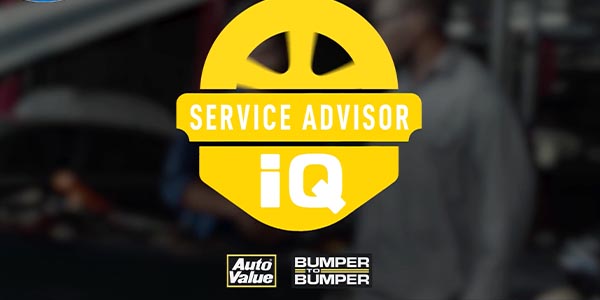The auto repair industry is a profitable industry right now and, unlike many other industries, it continued to grow during the coronavirus pandemic. The strength of the industry means that many experienced players are looking to expand their shop portfolio, making the industry competitive.
However, this also means it can be an incredibly difficult and intimidating process for first-time prospective shop owners. New shop owners oftentimes don’t have the experience or the capital to compete with a growing pool of experienced players looking for financing.
Luckily, though it can be difficult for first-time shop owners to find financing, it does not mean it is impossible. There are many things prospective shop owners can do to strengthen their resumes and become more attractive to financiers. Here are a few tips to help first-time shop owners find capital in a competitive market.
Identify your market
The auto repair industry has maintained strong growth despite a pandemic recession and it continues to grow. A growing industry means that new markets still exist and they are waiting for smart operators to find them. In my experience, I have never heard anyone say a city has too many auto shops, so the opportunity is out there – you just need to find the market that works best for you.
The question you need to ask yourself is, “What can I bring to the market that other shop owners are not. What makes my shop unique?” The uniqueness of your shop can be anything from more technicians, unique operating hours or a competitive location. You just need to find something that your shop brings that will be attractive to investors. Conduct a market study and learn the tangible and intangible factors that drive the shops in your area.
Make yourself viable
Viability is key to getting funding for any prospective shop owner. In order to get financing, you have to show investors that you have financial and municipal viability.
Financially, this means you have done your market research and have the financial wherewithal to start a shop. You must show investors that your shop has the cash flow to survive the difficulties of starting a new business.
Municipal viability means your local government supports the concept of your shop and believes it is realistic. This means ensuring your location has the proper zoning and the building you work in is up to code. If you are trying to get financing to construct a brand-new shop, then you can ensure your building will be approved by hiring the right lawyer, architect and engineer. However, new players in the market will have a better chance of buying an existing auto shop since it requires less financing and none of the hassles of construction.
Bring some experience to your operation
A technician/owner trying to open their first shop typically lacks the management experience that is attractive to lenders. However, a lack of experience on your end does not mean you can’t bring on people who do. Surround yourself with a team of business experts who can help you manage the process of starting your shop.
This means contracting with an experienced construction company to build your new shop, hiring someone with experience managing an auto shop or finding an experienced partner to help you on the project. The more experience you have on your team, the more likely lenders will work with you.
Find the right loan
Find out what type of loan is best for you. Are you going to participate in a conventional loan or does it make more sense to go the SBA route? A conventional loan will require you to put down 30% to 35% of the project upfront, while an SBA loan will require you to put around 15% down. The SBA has two programs — the 504 loan and the 7a.
The 504, for example, provides two loans, which are a first deed of trust and a second deed of trust. The first loan is with a local bank, and they will finance 50% of the project cost. The SBA, or the CDC, will offer the other 35% in the form of a second deed of trust. If the project is new construction, then the bank will fund the whole amount during construction. When you have the C of O (Certificate of Occupancy), then the ratios will go back to 50% to the bank, 35% to the CDC, and your 15% equity. The benefits of this program include lower fees and long-term fixed rates.
The 7a is one loan and will include a 25-year amortization and never balloons. They again will finance up to 85% of the total project cost. Rates can range anywhere from floating to a fixed up to 25 years. Fees are going to range from 3% to 3.5% for this loan. These loans do have a 5,3,1 prepayment penalty. The benefits of this program include one loan and flexibility with the prepayment penalty.
The auto industry is going strong and remains extremely competitive making it difficult for new players to break into the market. However, first-time auto shop owners can find competitive financing if they know their market, make themselves viable and have an experienced team backing them up.
Dave Kotter is the Principal of Integrity Capital LLC, a commercial mortgage brokerage in Scottsdale Arizona. Integrity Capital has helped autoshop owners find financing across the country. For more information, contact him at [email protected].






